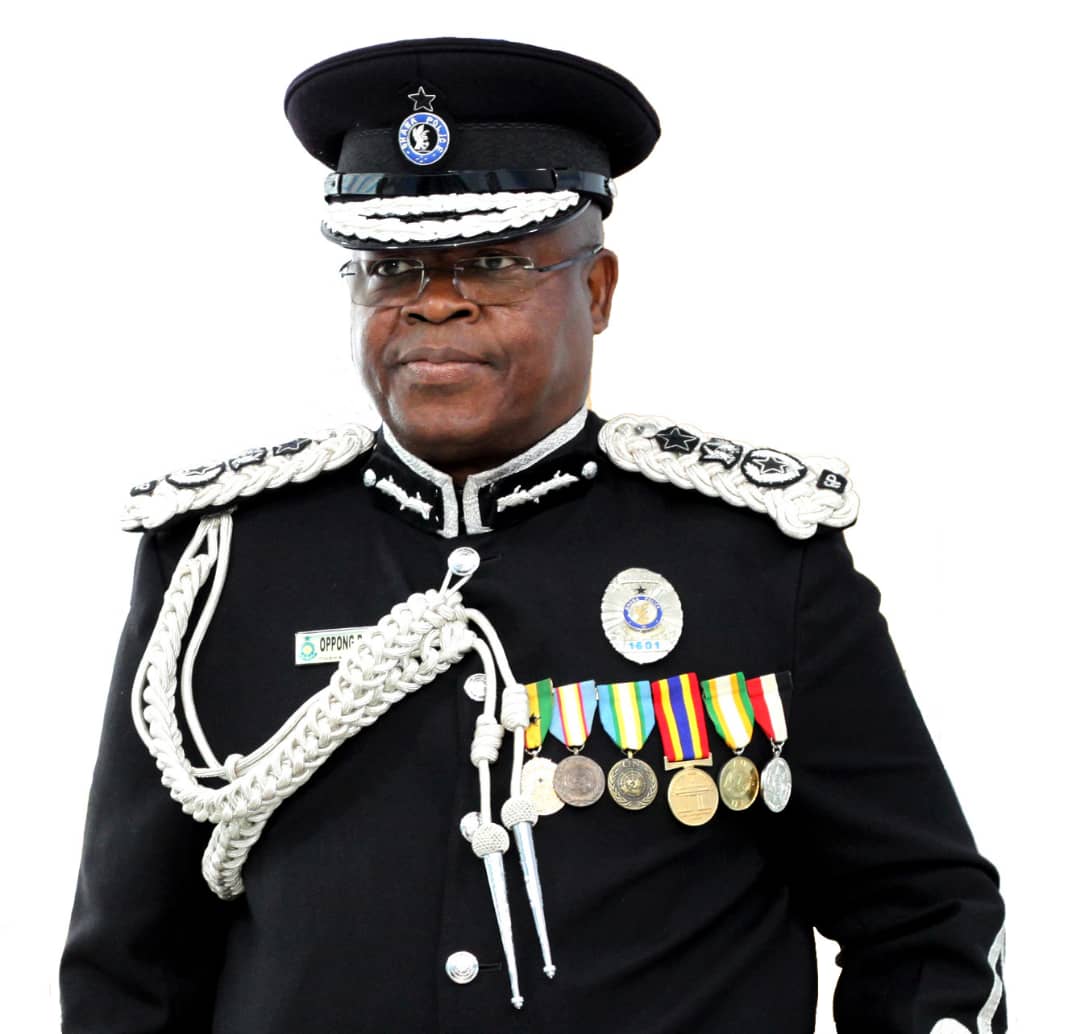
Police sign agreement with UNICEF
The Ghana Police Service has signed an agreement with the United Nations Children's Fund (UNICEF) for the setting up of a Child Protection Digital Forensic Laboratory (CP-DFL) in the country.
The laboratory is meant to equip the service with the latest technology that will help them to prevent and respond to cases of online child sexual exploitation and abuse, bullying, child trafficking, sextortion and cyber stalking.
Advertisement
The facility will also build the capacity of the police in investigations through acquisition, analysis and presentation of electronic evidence from digital devices and the internet to aid in any judicial proceedings.
A statement issued by the Public Affairs Directorate of the Ghana Police Service last Thursday, said the forensic laboratory would further help the police service to detect and investigate cases of trafficking and kidnapping in which digital devices had been used to cause the removal of child sexual abuse images online.
“This facility will be first of its kind in the West and Central Africa region, and will link the Ghana Police Service with Interpol’s International Child Sexual Exploitation database,” the statement said.
Partnership
It explained that the setting up of the laboratory was part of the police service and UNICEF’s child-friendly policing initiative started in 2014.
“Under that initiative, standard operating procedures to handle child victims, witnesses and officers have been incorporated in the training programme at the regional and national police training schools.
Over 3,000 police personnel from different ranks have received training under the initiative,” the police added.
It further said in-service training programmes had also been organised for the staff working with the Domestic Violence and Victims Support Unit (DOVVSU) of the police service.
IGP
The statement quoted the Inspector General of Police (IGP), Mr James Oppong-Boanuh, as having said that “the use of electronic devices in the commission of crime has become prevalent these days and prosecution of such cases requires electronic evidence.”
It added that the IGP said it was unfortunate that the cybercrime unit of the police service that had the expertise to extract evidence of cyber crimes was handicapped due tolack of electronic devices.
The statement quoted Mr Oppong-Buanuh as saying, “this kind gesture from UNICEF has come at an opportune time and I know it will go a long way to help us appropriately acquire electronic evidence from devices, and improve our success rate with prosecution.”
It also said the UNICEF Representative, Anne-Claire Dufay, who signed the letter of agreement said electronic evidence processing had become topical for law enforcement worldwide because of admissibility issues.



